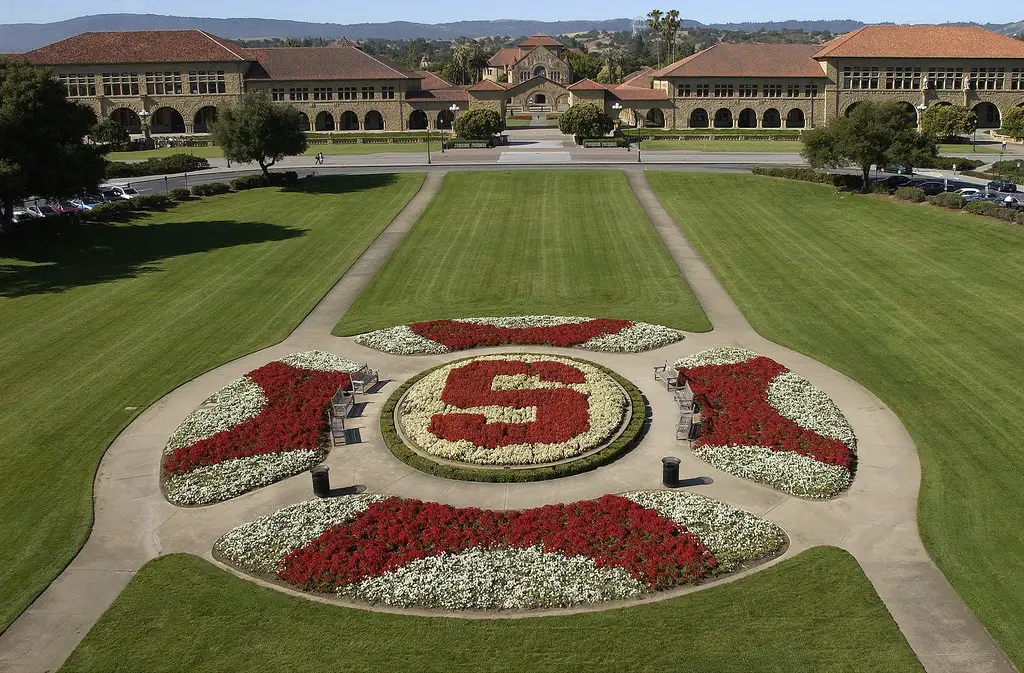“What are you going to do with that major?” If your degree includes the letters “B.A.,” it’s a question you probably get frequently. The trope of the unemployed Philosophy PhD is so prevalent in our culture that when people hear of someone studying something that doesn’t lead directly to a job, they can’t help asking, out of curiosity, or perhaps even a bit of voyeurism, “why?”
I’m not here to answer that question—for that you can turn to your friend who spends her free time reading Nietzsche, the one who knows everything there is to know about the Haitian Revolution or even the one who is doing his thesis on “The Scream.” Humanities are enjoyable because the human experience is enjoyable. I am here, rather, to describe what devaluing the humanities can do to an individual, a university and ultimately a society, and to defend its value against those who denigrate it.
My personal experience in the humanities comes as a Linguistics major at a school that is dominated by Engineering and Computer Science majors. Roughly a third of declared majors are in the engineering school. People in the humanities are jokingly called “fuzzies,” while those in engineering are called “techies.” Implicit in this fuzzy-techy divide is the assumption that fuzzy classes are, like they sound, “soft,” or easy, while techy classes are hard. It’s common to overhear comments like, “Well, I’m taking five classes this quarter, but it’s okay because three of them are fuzzy classes…” or, more explicitly, “She wants to balance her fuzzy classes out with something a little more challenging.” This assumption hurts not only fuzzies who are genuinely passionate about their subject, but also those who find fuzzy classes difficult. Having taken fuzzy and techie classes, I have seen this assumption borne out in some cases, but I believe that both are equally difficult once you get beyond an introductory level.
Because my school is located in Silicon Valley, a center for innovation in CS and engineering, techies are further validated, while fuzzies are sidelined. Career fairs are perfect examples of this. Walk by one, and you’ll find that nine out of ten tents cater to students in engineering or CS. Tell a recruiter you study humanities, and your resume will automatically go into the “NO” pile. Bike off campus, and you’ll find the Google, Apple and Facebook headquarters within a few miles’ radius, but not a single major publisher. Techie students are surrounded by the wealth and prosperity that a booming tech industry has produced, and are thus reaffirmed in their path, while fuzzy students have very few examples of success.

I became so enmeshed in this tech-centric culture that I did not even realize how abnormal it was until I studied abroad. I saw then that it was normal to go a day without hearing the words “CS” or “coding,” and that most people were actually interested in talking about things like literature and philosophy. I felt a twinge of regret as I thought about the past three years and the concessions I had made to my school’s dominant tech culture, from feeling obliged to take CS classes to humoring others while they bashed humanities disciplines.
What is even more damaging than this university-wide social divide is the attitude that humanities are not useful to society. I have had some long conversations with my CS friends trying to justify my choice of major, and the argument always starts to go downhill when it comes to the question of applicability. Their coding experience can help them make the internet two percent faster, but will my knowledge of syntactic theory help cure cancer? Absolutely not. There is no question that the humanities have fewer direct applications to real-world problems.
However, they do have subtler, and arguably more important, applications, such as helping to develop the oft-touted “critical thinking skills.” Though these words used to mystify me, I think I know now what they mean: the ability to wrangle with ethical questions, to break down abstractions like beauty and power into their constituent parts, to write beautifully and clearly. These very skills, I sometimes worry, are lacking at the highest decision-making levels of society because we overvalue the raw, direct applicability of skills learned in BS programs.
Think about the Google self-driving car. Most of my friends see it only as a positive development. While they get excited over the advanced software the car uses, I worry about the drivers who will be put out of work by the car, the legal issues involved in accidents with self-driving cars and the loss of the sheer pleasure of driving. That’s not to say that they don’t also share these concerns, but I believe a humanities perspective is necessary in order to temper excitement over a new technology with a sober assessment of how it will impact society.
Humanities have value because they remind us that we are more than calculations and flow charts and 3D-models; we are flesh and blood, thinking, loving and learning beings. Some critics say that studying humanities is selfish because it puts one’s own interests over society’s more demanding needs. I beg to differ: To study humanities is to value humanity’s achievements and to prepare oneself to build upon them; it is to be invested in society at a deep and fundamental level.
When someone asks me what I’m going to do with my major, I usually answer them politely, but I’m really thinking, “Whatever I want, of course!” The fact that there is no set path ahead leaves a hole in my future that I can fill with anything I feel like. Maybe I will become like the Philosophy PhD and stay on the job market for awhile until I find something, or maybe I will immediately find my vocation in something unexpected. By choosing to study the humanities, I have said “yes” to humanity, in all its grandeur and success, as well as its abject failure. In doing so, I have said “yes” to life.

















